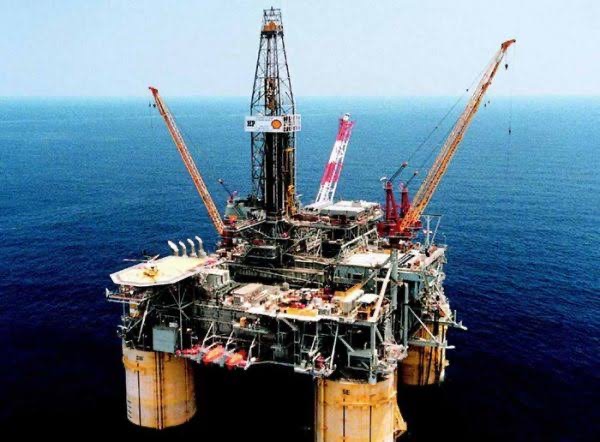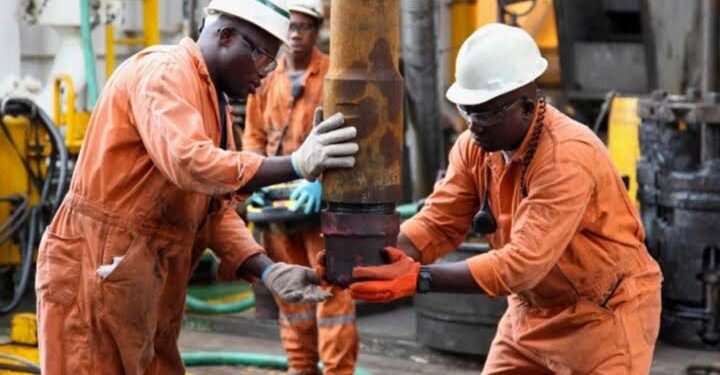The Federal Government has issued a stern warning to companies and individuals with oilfield licenses who have failed to secure investments or carry out exploration activities, saying their licenses will be revoked if they fail to comply.
State Petroleum Minister Heineken Lokpobiri said this on Wednesday in a statement in Abuja, speaking on the challenges facing the oil and gas sector.
Lokpobiri explained that out of 60 licenses awarded in the recent oilfield tender, only 10 companies have been successful in attracting investments and commencing exploration.

He stressed that it is pointless for companies to hold licenses only as “souvenirs” without securing the necessary funds for exploration.
“I’ve always said if the upstream doesn’t succeed, the midstream and downstream will fail. And we have people who are holding licenses as souvenirs. If those people do not use the licenses given to them to be able to raise funds and then extract the crude oil from the soil, we better take it back from them.
“I see a lot of them everywhere in the world. They wear nice suits and speak grammar. But we have only improvised them more. They pay signature bonuses to the government, but they have no money. They have no wherewithal to be able to raise funds and do the real exploration.

“Those who benefited from the last bid rounds are almost 60. But today we have less than 10 of them who have been able to bring oil from the soil. Will you disagree with me that we should continue to leave these licenses with them when the licenses are not adding any value both to them and to Nigeria as a country?
“And if Heineken Lokpobiri is going to make enemies by ensuring that we revoke them and give to people who have the capacity,” Lokpobiri said.
In May, the NUPRC announced that the oil field licensing round would open in 2024.
The commission is seeking to step up the development of the country’s estimated 37.5 billion barrels of crude oil and 209.26 trillion cubic feet of natural gas reserves.
By making it easier to acquire oil fields, Nigeria is trying to stem the flow of investment to African rivals Angola and Namibia.
Nigeria, a member of the Organization of the Petroleum Exporting Countries (OPEC), crude oil production has fallen to just over 1.4 million barrels per day from about 2 million barrels a decade ago. Big oil companies are abandoning onshore oil fields, which are rife with allegations of sabotage and oil spills, and instead focusing on deepwater fields, which are less disruptive.































